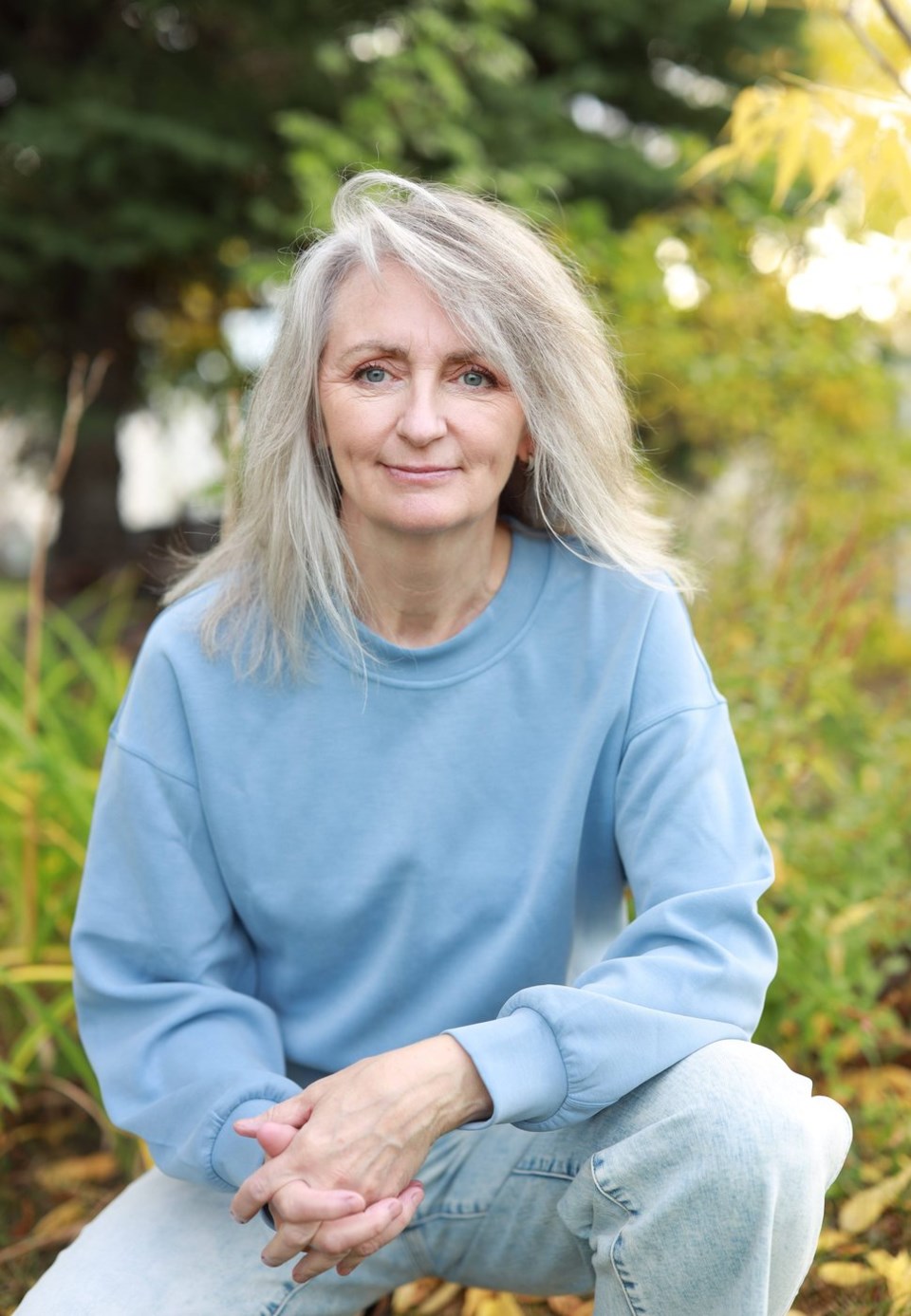EDMONTON — Kim Ruether lifted her son's eyelid and saw his still, dilated pupil staring at the ceiling as he lay on a stretcher in a northwestern Alberta hospital hallway a decade ago.
She says she didn't need a doctor to tell her the boy was dead.
"I just looked at his little face and I thought, 'How could this big, beautiful 16-year-old boy be in this situation?'" she says.
"Then the doctor came over and he said, 'I'm sorry, but we are not going to be able to save your son' … I remember pinching my stomach so hard, thinking I just need to wake up."
Ruether's son, Brock, stopped breathing and collapsed that day while playing volleyball in his high school's gym. An autopsy found it was due to cardiac arrest.
She later discovered the device that could have saved his life sat unused beside him during what would be his final moments.
Ruether heard the recording of the five-minute call his peers made to 911 and learned an automated external defibrillator, or AED, was hanging steps away, next to the gym's doors.
But she said it would have only been helpful had the dispatcher told Brock's peers how to use it while waiting for paramedics to arrive.
"(The dispatcher) said, 'Get it in case we need it later,'" Ruether said.
"So they got it and they put it right beside him on the floor and then just never used it."
Reuther has since become a staunch advocate for dispatchers around the world to learn how to walk callers through how to use defibrillators within seconds of someone going into cardiac arrest.
She is to be recognized for her work during a ceremony in Edmonton in October, when she is to receive the Alberta Order of Excellence from Lt.-Gov Salma Lakhani.
Lakhani says the Alberta Order of Excellence celebrates people who "have contributed so much for the greater good."
"While the recipients this year have made stellar contributions to many different fields, what they share is a dedication and commitment to service and leadership. May they inspire us all to build compassionate and thoughtful communities," she says.
Emergency dispatchers in New Zealand, the United Kingdom and parts of Asia now teach people how to use AEDs.
Ruether also goes to schools across Canada teaching students how to use them.
"I pretend that I have a cardiac arrest, I'll flop down on the floor, I'll say, 'OK, I'm timing you,' and the kids have to run to wherever the AED is, come back running as fast as they can, put two patches on my chest and prepare to shock me," she says.
She says she teaches kids the shock can revive a heartbeat, and the defibrillator won't work if the patient's heartbeat is normal and they've collapsed for other reasons.
Ruether says she's been told her work saved the life of a boy who collapsed while playing basketball in British Columbia.
"The call-taker called me to let me know that she right away recognized the similarities between that call and Brock's call," Ruether says.
"It was profoundly lovely to know there's a boy walking around now because of the education that Brock provided."
Ruether grew up in a town north of Fairview, and also currently works as a senior X-ray technologist and operates a farm with her husband.
She has three other kids.
She says she's still in disbelief and "it's insane" that she's getting the Order of Excellence.
She says her work with emergency dispatchers across Canada and the world has taught her how difficult their jobs are and that they need to be celebrated, too.
"Life is chaos. You have bumps and bruises along the way and, despite that, they are extraordinary people who are trying really hard to do good things and make positive changes."
This report by The Canadian Press was first published Sept. 29, 2024.
Fakiha Baig, The Canadian Press



